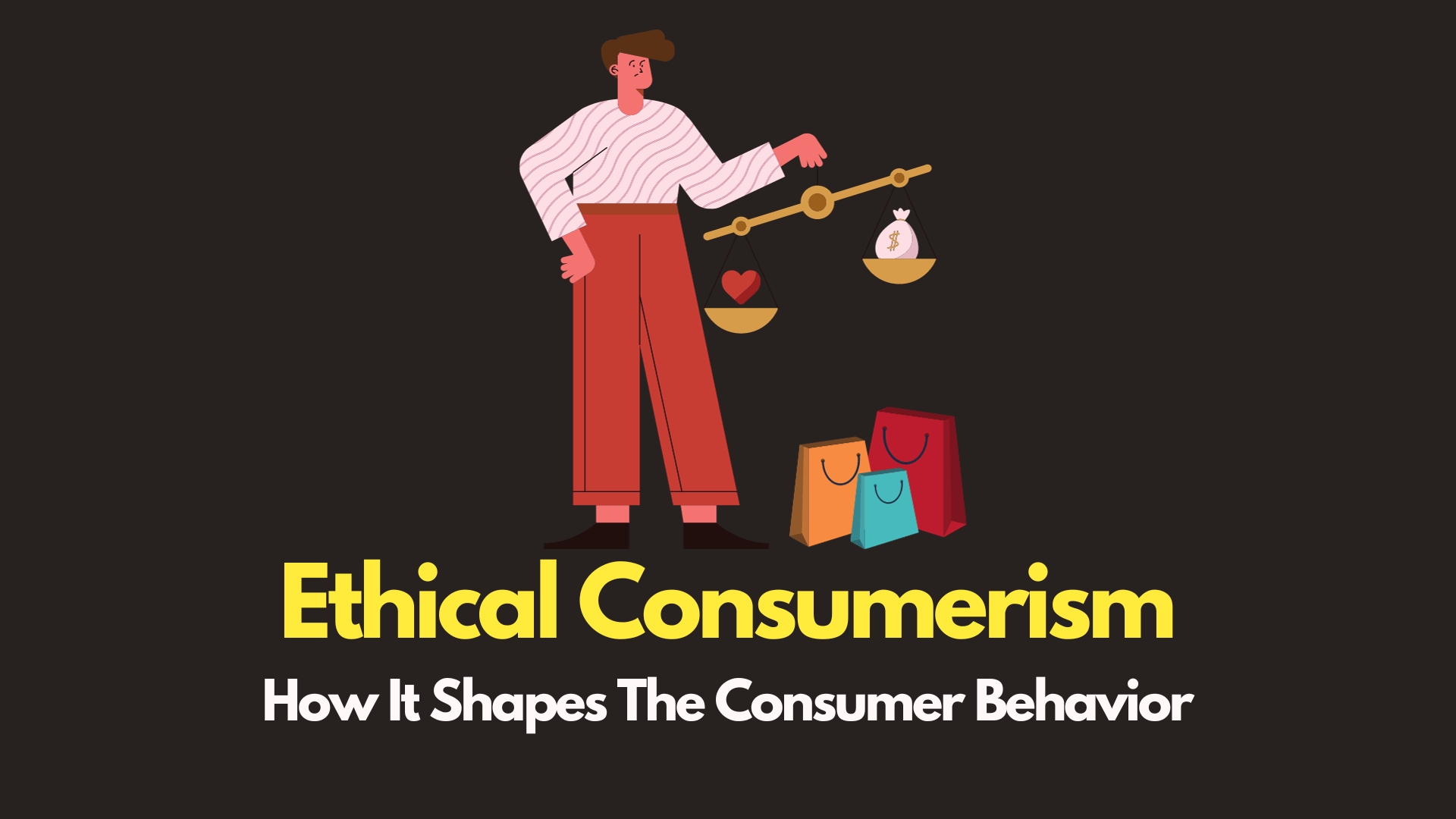Published
- 4 min read
Ethical Consumerism and Behavior

Key Takeaways:
- Ethical concerns significantly impact consumer buying behavior.
- Authenticity and ethical beliefs influence pro-environmental behaviors and ethical consumption.
- Responsible consumer behavior is affected by digital environments and external market factors.
- Ethical consumerism can lead to improved conditions for gig workers and influence purchasing decisions in various industries.
- Sustainable behavior correlates with the intention to engage in ethical consumer behavior across political, social, and environmental domains.
- Ethical consumption with price-dependent utilities extends the definition of goods to include ethical values.
- Health, environmental, and ethical concerns correlate positively with shifts in purchasing behavior.
Examining How Ethical Concerns Influence Buying Decisions
In recent years, there has been a notable shift in consumer behavior, with a growing number of individuals placing ethical considerations at the forefront of their purchasing decisions. This article explores how ethical concerns are influencing the market and what this means for businesses and consumers alike.
Ethical Beliefs and Consumer Authenticity
Consumers today are not just looking for the best deal; they are also examining the ethical implications of their purchases. Ethical beliefs, encompassing ideals such as fair trade, sustainability, and corporate responsibility, have become increasingly important. When consumers perceive a brand as authentic and aligned with their ethical beliefs, they are more likely to engage in pro-environmental behaviors and ethical consumption. This trend is reshaping the business landscape as companies must now consider their social and environmental impact to maintain consumer loyalty.
Digital Age and Responsible Consumer Behavior
The digital age has brought about new challenges and opportunities for ethical consumption. Online platforms provide consumers with more information about the products they buy and the companies they support. However, they also present uncertainties about the external effects of market decisions. The digital environment influences responsible consumer behavior (RCB), prompting businesses to adapt their marketing strategies to these new consumer expectations.
Boycotts, Buycotts, and Ethical Consumption
The concepts of boycotting and buycotting have gained traction as consumers use their purchasing power to support or oppose businesses based on ethical considerations. These actions reflect attitudes and intentions towards ethical consumption, particularly within developing economies. Understanding these dynamics is crucial for businesses aiming to foster consumer loyalty and retention.
Ethical Consumerism in the Gig Economy
In the gig economy, ethical consumerism plays a pivotal role in improving the livelihood of workers. Consumers are increasingly aware of the working conditions of gig workers and are willing to support them through ethical purchasing decisions. This can involve opting for services that offer fair compensation to their workers, thus contributing to labor reforms and social upliftment.
The Multifaceted Nature of Consumerism
Consumerism’s multifaceted nature raises ethical questions about our autonomy and the manipulation of purchasing behaviors through targeted advertising and social media. The ethical implications extend to various industries, including the diamond industry, where concerns about the origins of products significantly influence consumer behavior.
Sustainable Behavior and Ethical Consumer Intentions
Sustainable behavior is not only about environmental concerns but also translates into ethical consumer behavior across multiple dimensions. Consumers who prioritize sustainability in their lifestyle choices are more likely to engage in ethical purchasing behaviors, considering the political, social, and economic impacts of their decisions.
Price-Dependent Ethical Preferences
The introduction of price-dependent ethical preferences into consumer behavior models suggests that consumers value ethical attributes in products and are willing to adjust their spending based on these values. This shift opens new avenues for businesses to incorporate ethical values into their product offerings and pricing strategies.
Health, Environment, and Ethics in Purchasing Behavior
Finally, a significant correlation exists between health, environmental, and ethical concerns and consumer purchasing behavior. As consumers become more conscious of these issues, there is a consistent shift towards products and services that align with their ethical concerns. This trend presents opportunities for businesses to develop marketing strategies that encourage ethical purchasing behaviors.
Conclusion
Ethical concerns are undeniably shaping the way consumers make purchasing decisions. From the impact on the environment to the treatment of workers, consumers are increasingly seeking out brands that align with their values. Businesses must recognize this shift and integrate ethical considerations into their operations, marketing, and product development to meet the evolving demands of the ethical consumer.